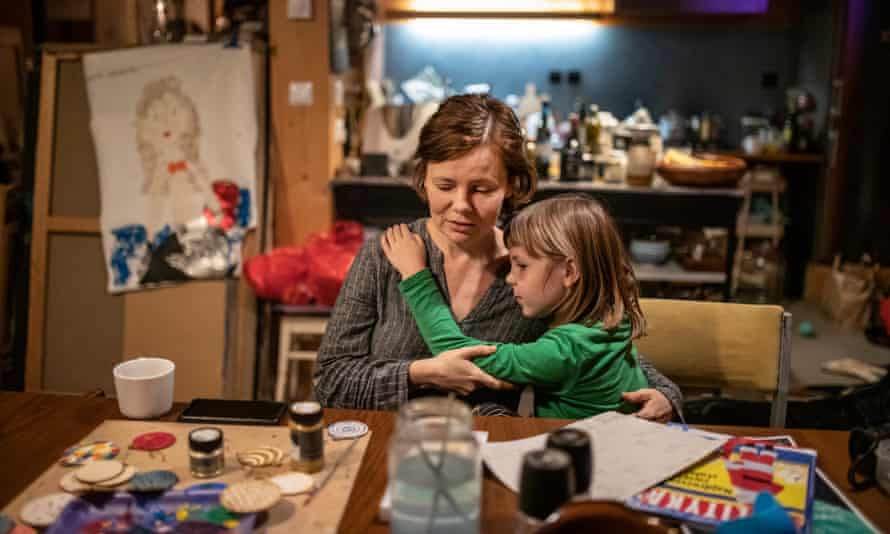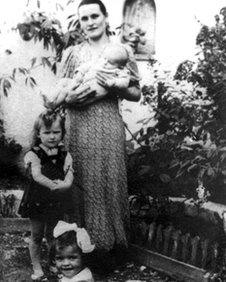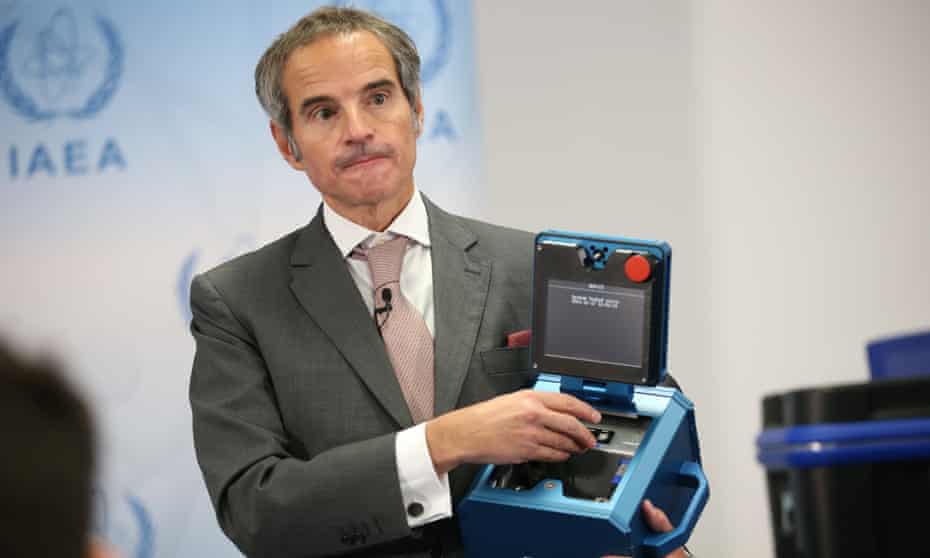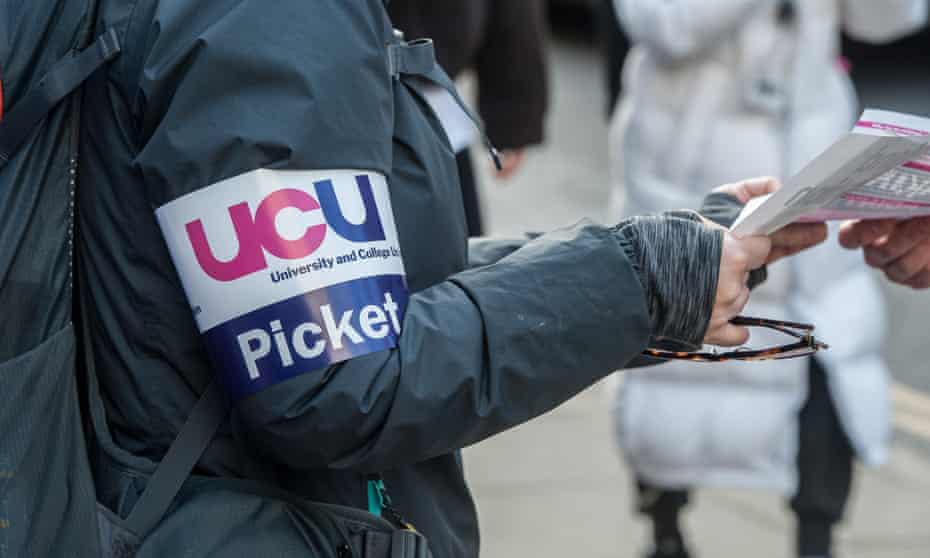The past continuous is made from the past tense of the verb be and the –ing form of a verb:
I was working
You were playing
We use the past continuous to talk about the past:
for something which happened before and after another action:
The children were doing their homework when I got home.
Compare: The children did their homework when (= after) I got home.
This use of the past continuous is very common at the beginning of a story:
The other day I was waiting for a bus when …
Last week, as I was driving to work, …
- for something that happened before and after a specific time:
It was eight o'clock. I was writing a letter.
Compare: At eight o'clock I wrote (= started writing) some letters.
- to show that something continued for some time:
My head was aching.
Everyone was shouting.
- for something that happened again and again:
I was practising every day, three times a day.
They were meeting secretly after school.
They were always quarrelling.
- with verbs which show change or growth:
The children were growing up quickly.
Her English was improving.
My hair was going grey.
The town was changing quickly.We do not normally use the past continuous with stative verbs. We use the past simple instead:
When I got home, I really needed (NOT
was needing) a shower.
Make up 5 sentences with the verb in Past Continuous and post them below.














